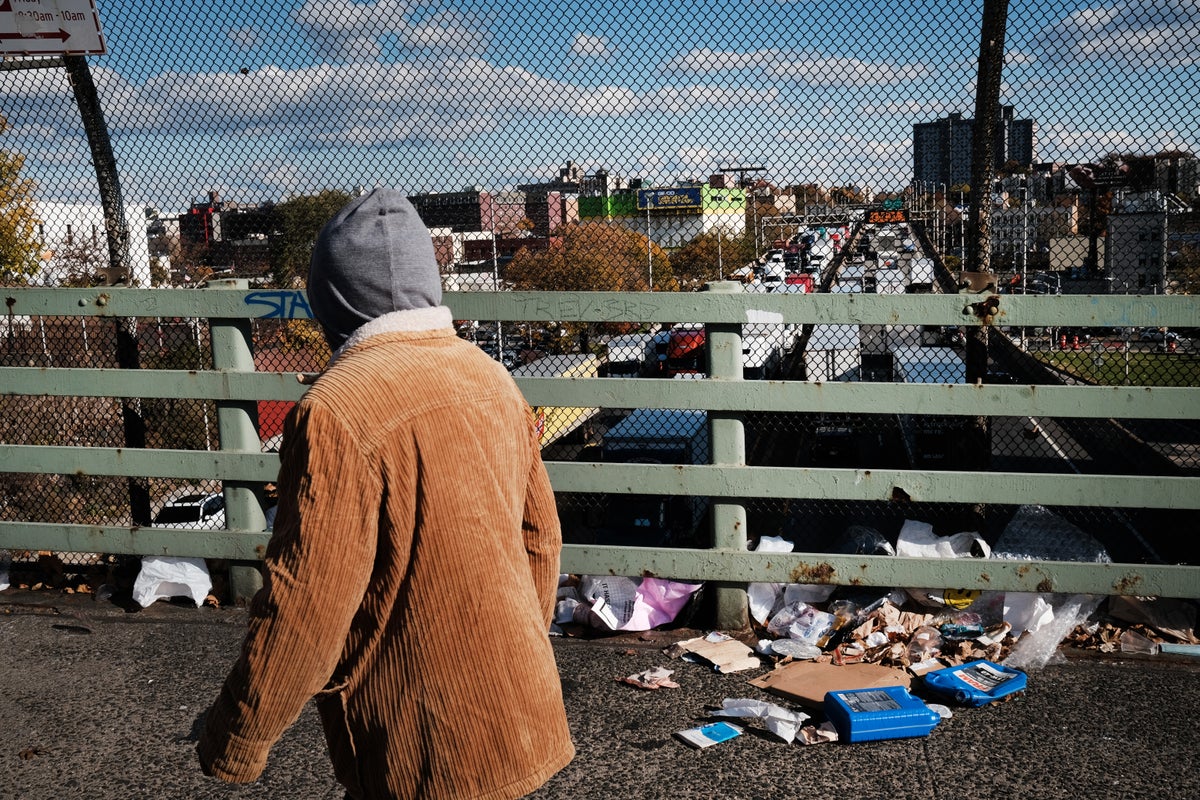Vulnerable Communities Brace for Impact: Trump's Environmental Justice Rollback Sparks Outrage

In a controversial move, President Trump has eliminated a critical environmental protection policy dating back to 1994. The directive, which previously mandated federal agencies to safeguard minority and low-income communities from environmental risks, has now been rescinded, potentially exposing vulnerable populations to increased pollution and health hazards.
This decision marks a significant rollback of environmental justice protections that were designed to ensure equitable environmental standards across diverse communities. By revoking the long-standing directive, the administration has raised concerns among environmental advocates and community leaders who argue that the most marginalized populations will bear the brunt of potential environmental dangers.
The policy's cancellation could have far-reaching implications for communities already disproportionately affected by industrial pollution, toxic waste, and other environmental challenges. Critics argue that this action undermines decades of progress in protecting the health and well-being of minority and economically disadvantaged neighborhoods.
